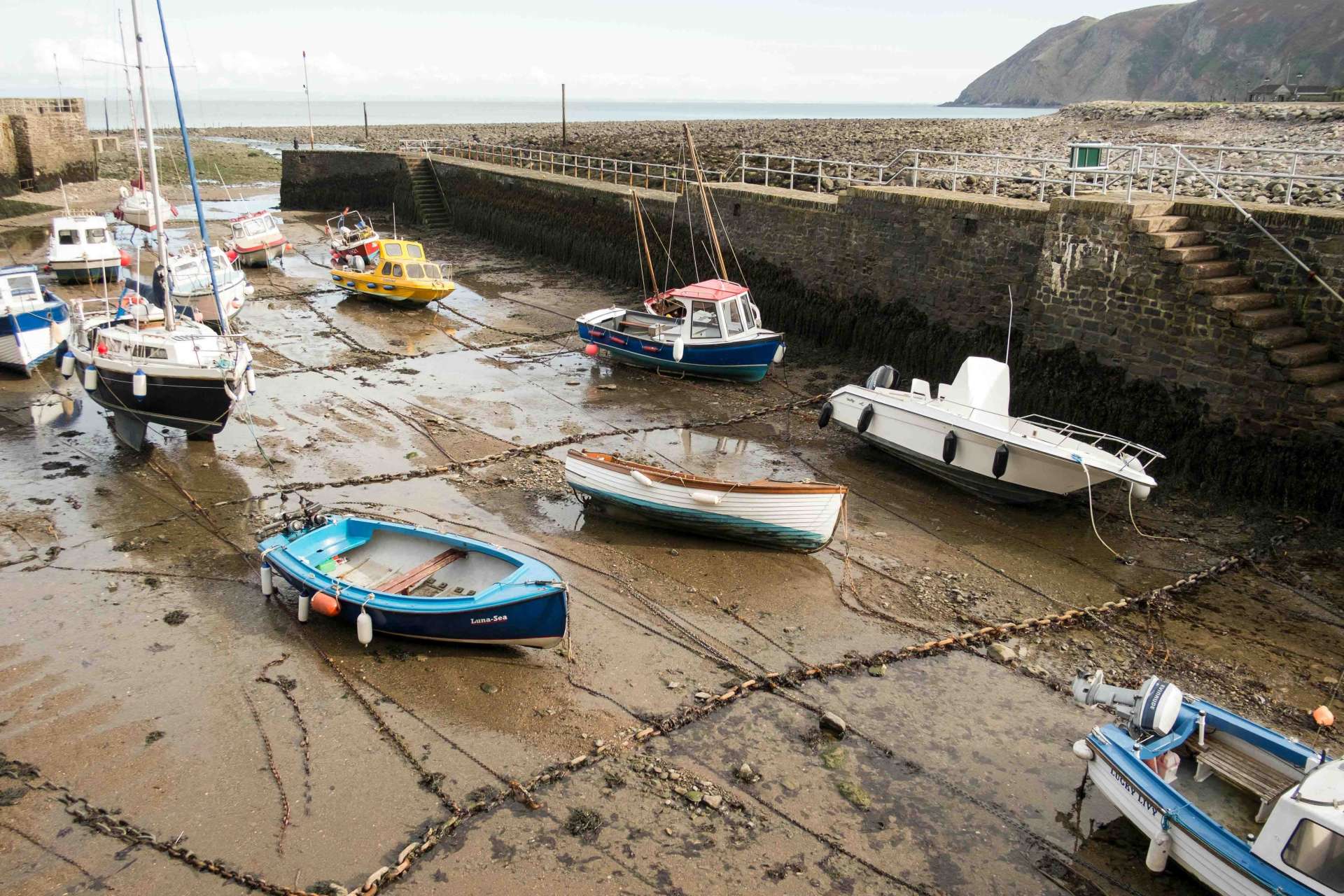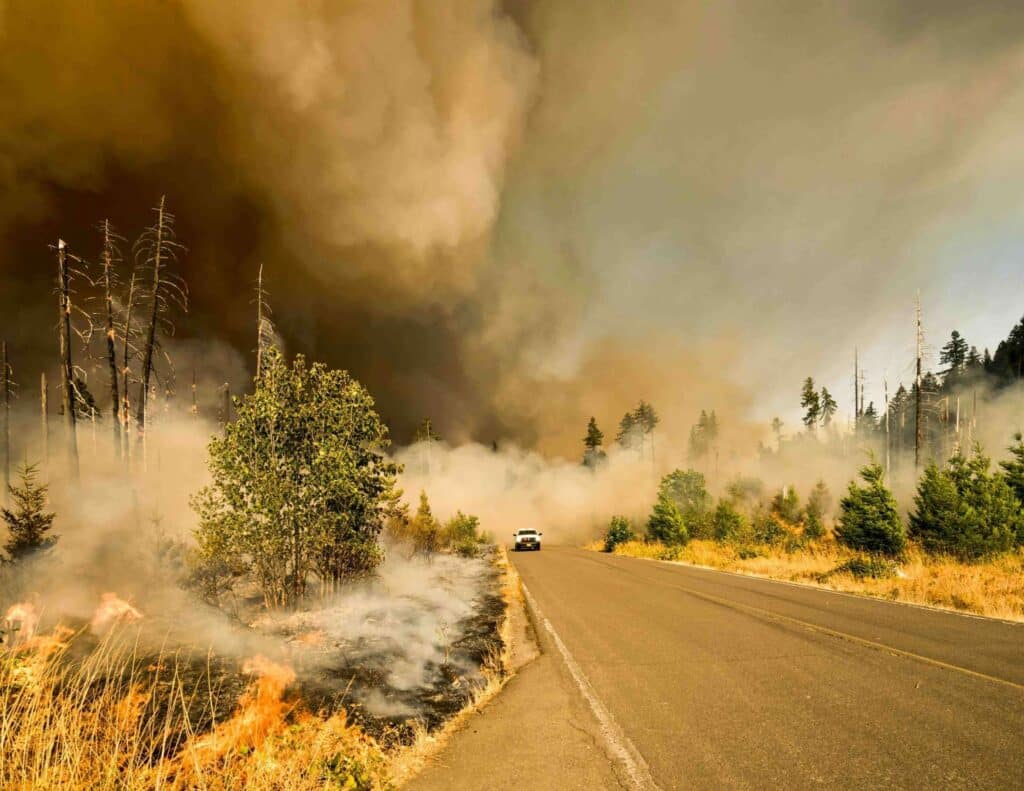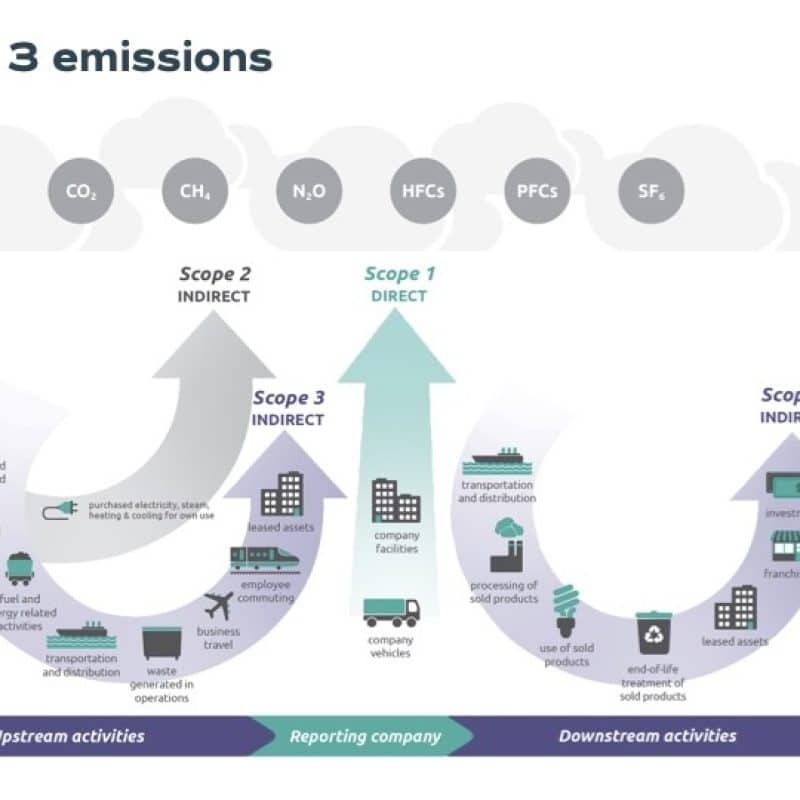They say a rising tide raises all boats. But there isn’t any raising to be done when the tide no longer comes into the bay – all boats remain stranded.
We are often asked about the business case for sustainability. For years, we developed comprehensive business cases showing the financial benefits of reducing environmental impacts and addressing inequalities. Our voices have grown hoarse through endless conversations about why a business should be more sustainable.
We now see the fallacy of our efforts. The answer is that you shouldn’t need a business case at all.
The so-called “business case” is entirely about return on investment. Business owners want to know how much more money they can make by implementing sustainable practices. And they want to know how much it will cost, with the implication being that if there isn’t a satisfactory return on investment then it isn’t worth pursuing.

But as individuals, how often do we calculate the business case? Did you calculate the financial return on investment when deciding to start a family? Will you calculate the financial return on investment for treating a cancer diagnosis? Will you calculate the return on investment for taking care of a sick child or elderly parents?
Presumably, the answer to those questions is no. You make decisions in those situations not based on how much money you get back, but because they are important to you and the right thing to do. And they are often essential to your own wellbeing.
So why do we need a business case to make decisions about how to address climate change, one of the biggest risks to society and human existence? Do we need to determine the financial return on investment of reducing mortality rates and preventing deaths? The return on clean water and clean air? The return on reducing poverty and creating healthy communities?
We consistently give businesses a pass for polluting and damaging the environment, using the excuse that not polluting would be too expensive. Where is the ‘human case’ or ‘case for life’ in these situations? For whatever reason, we accept the position that businesses should only act ethically if there is a financial benefit.
Giving businesses a pass gives them permission to act unethically. We allow them to extract resources and then socialize the cost. It isn’t okay to use materials that directly damage the environment, pollute the air and water with toxic chemicals, and threaten all life on the planet. It isn’t okay to extract wealth from people along the value chain and in the workforce. Current business practices have created many of the problems we face today, and if businesses don’t address widening inequalities and environmental degradation there will be no businesses at all.

Too many businesses think in the short term and fail to consider the long-term implications of their decisions. Long-term thinkers realize the success of their business is entirely dependent on slowing the pace of climate change and inequality. The catastrophic signs of collective mismanagement of people and planet are obvious.
Increasing frequency and intensity of wildfires, hurricanes, and tornadoes are reducing the availability of insurance in effected areas. High temperatures and wildfire smoke make outdoor work difficult (if not untenable) and pose serious health threats to all communities. Reduction in biodiversity is impacting agriculture and ecosystems that are critical to the health of the natural environment. Diminished biodiversity reduces the resiliency of natural systems. Fracking, oil drilling, and traditional manufacturing are polluting drinking water our communities rely on for basic survival.
Most businesses avoid facing existential threats to begin with. And when faced with the need for existential change, they don’t make business cases.
Climate change is the ultimate existential threat, and it reached a tipping point decades ago. Consequently, most of our systems have reached a tipping point and they are having significant and cascading negative impacts on our communities and the environment. These changes are impacting all businesses now whether they know it or not.
Our history of prioritizing profit is why we face this existential threat. Businesses that insist on a business case are complicit in the tide no longer rising. Creating a better way to do business is not about competitive advantage. It is about our collective survival.
Note: We were inspired to write this blog, in part, after listening to the Beyond the B Podcast with Erinch Sahan.



